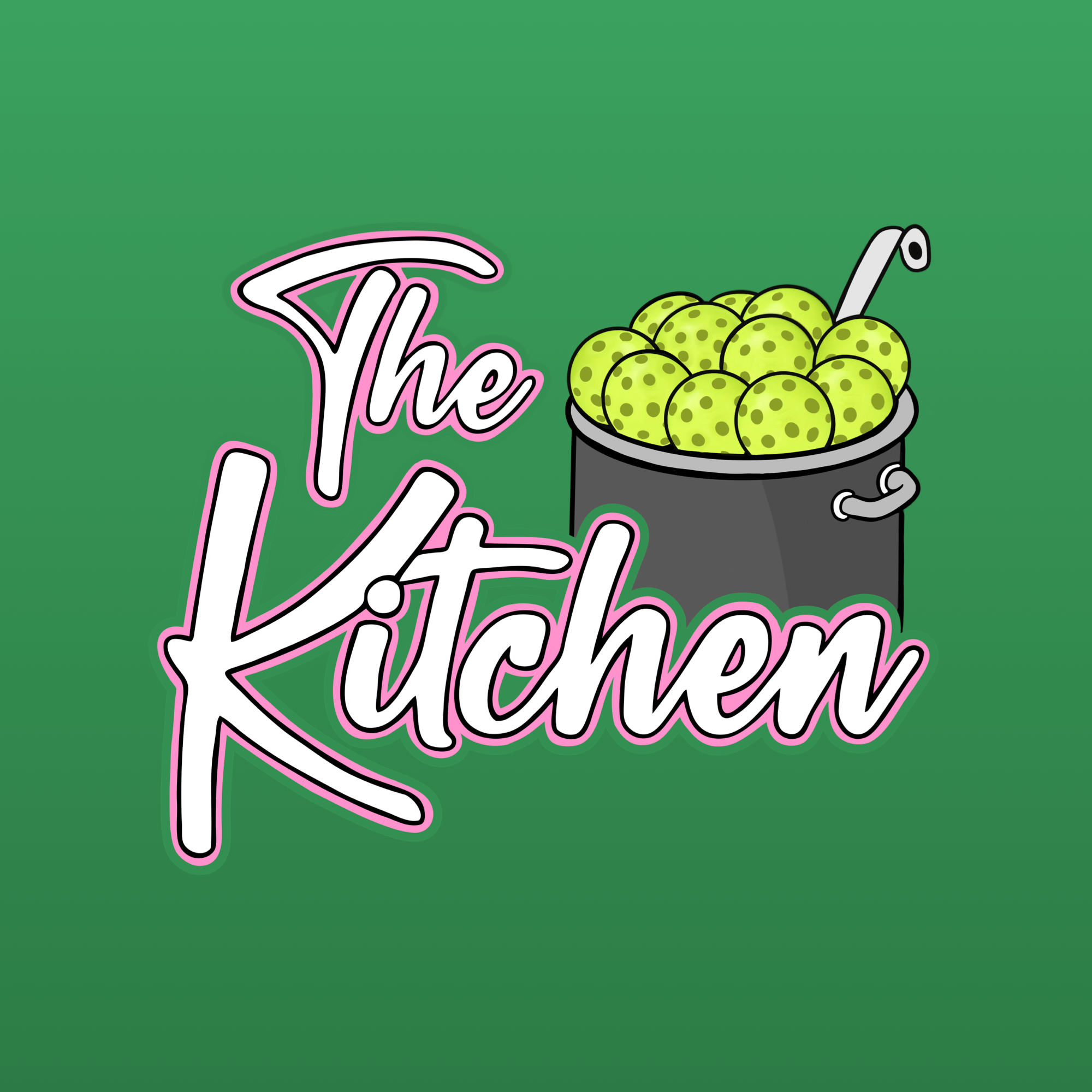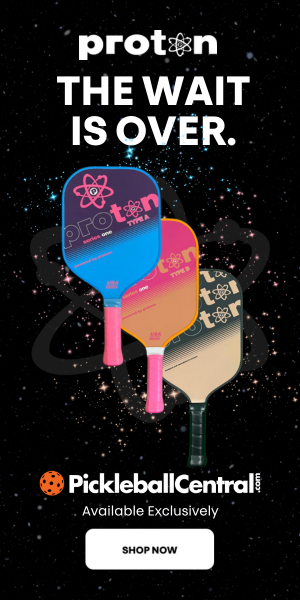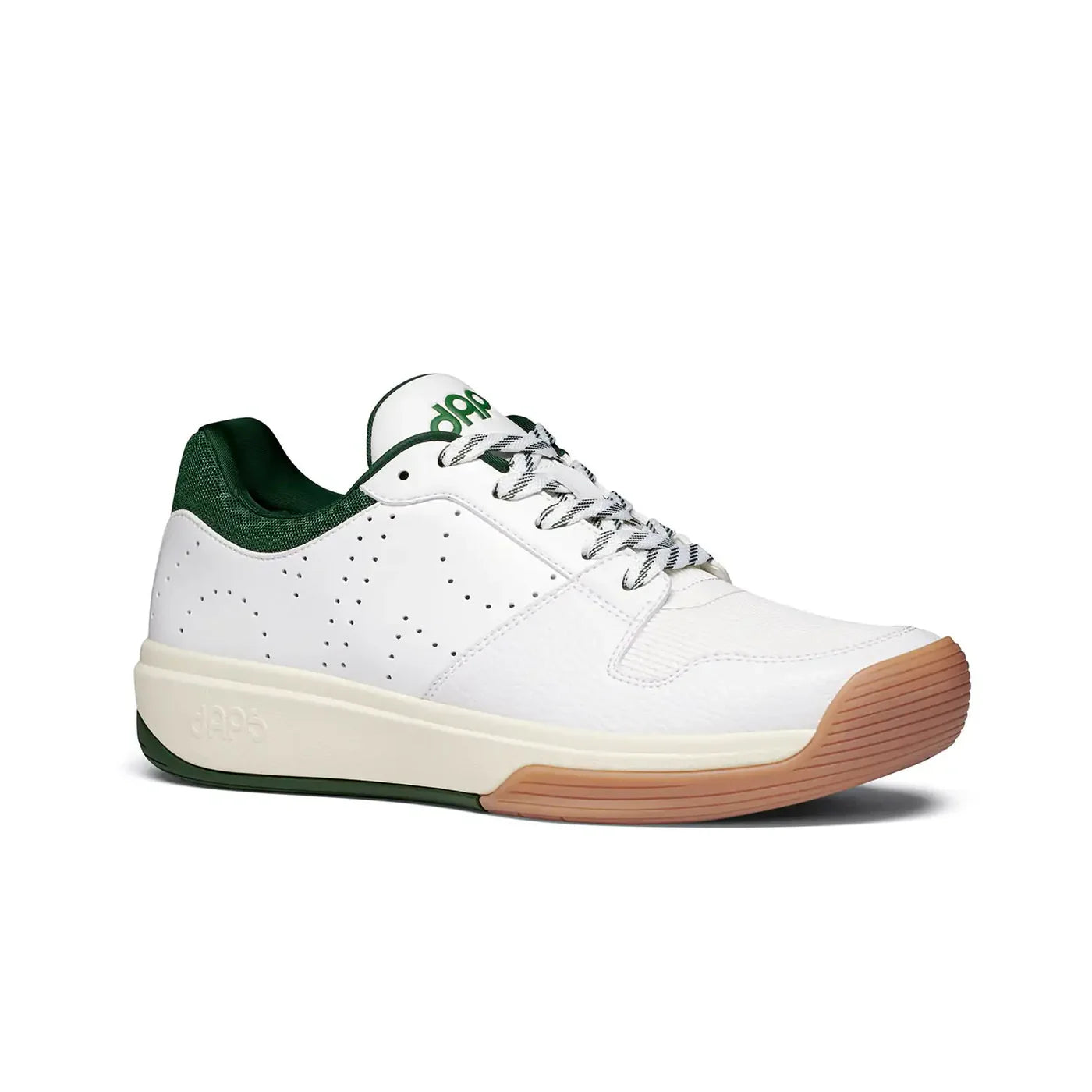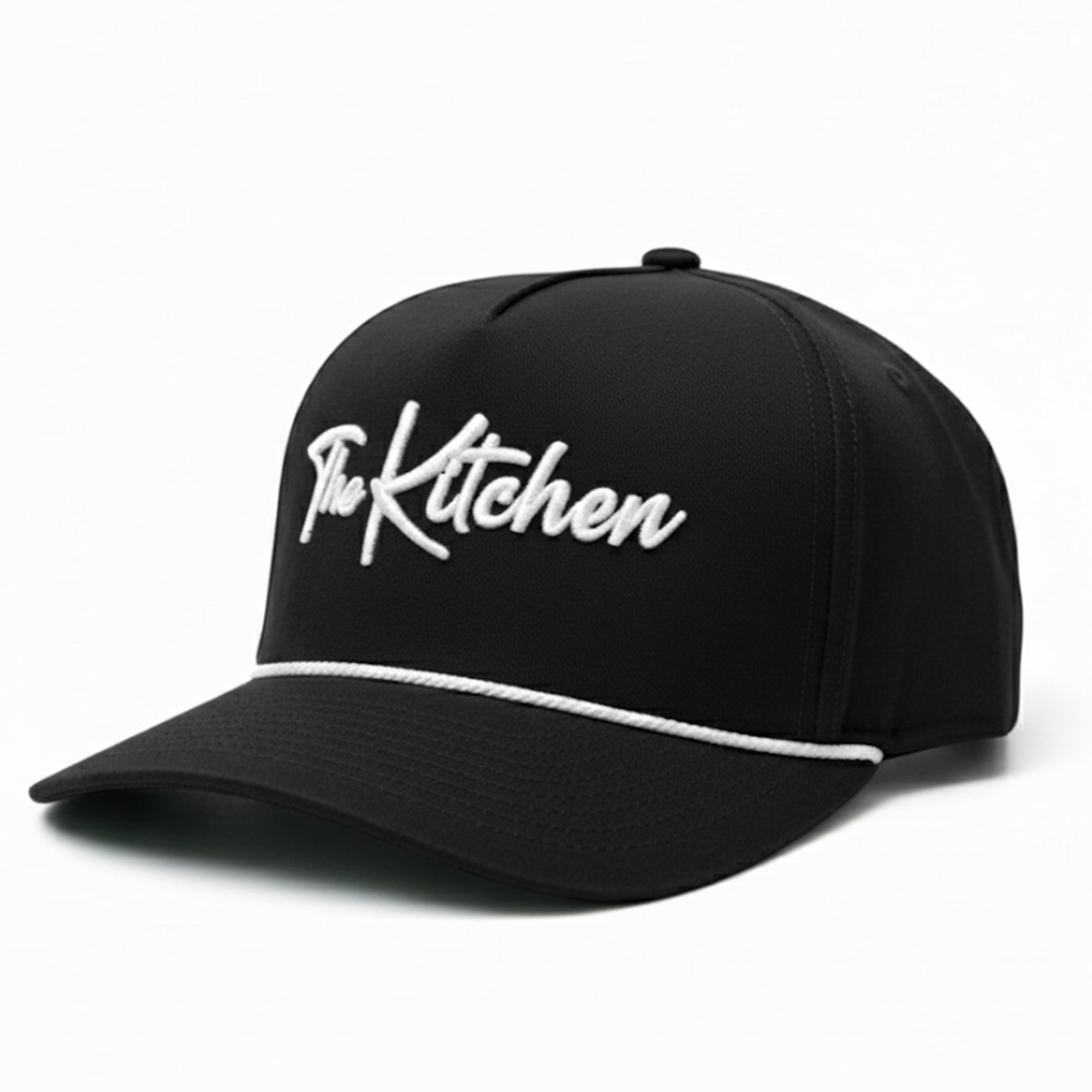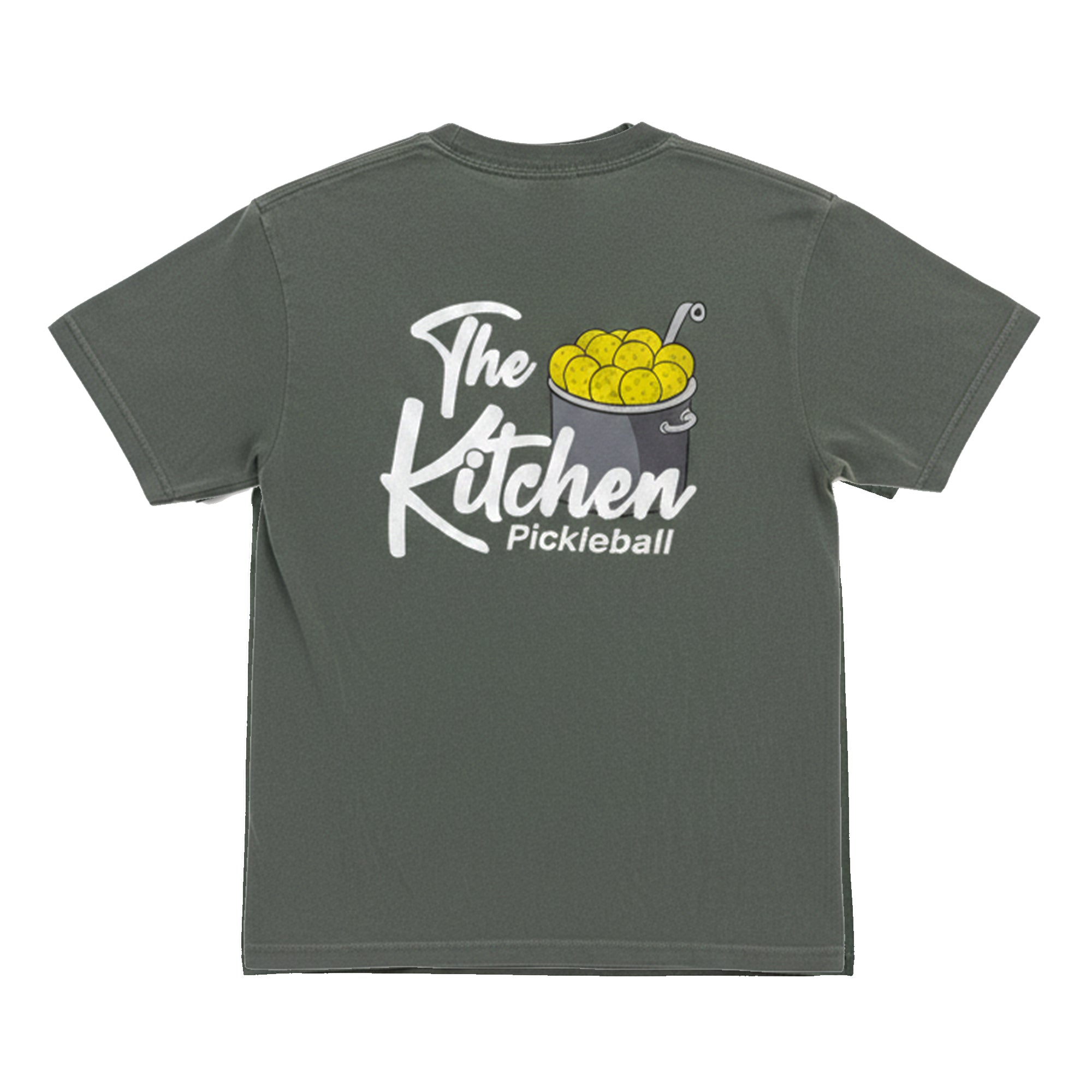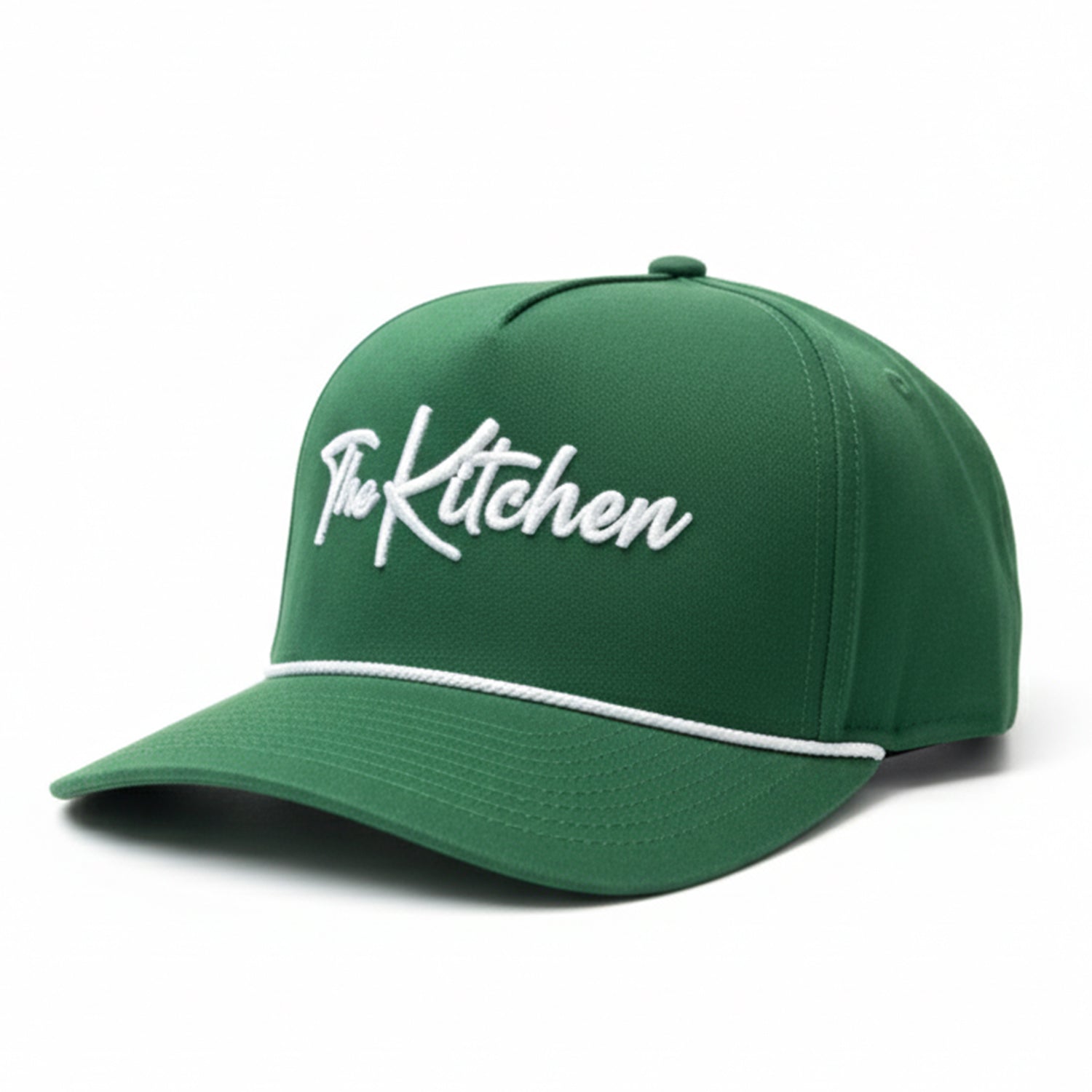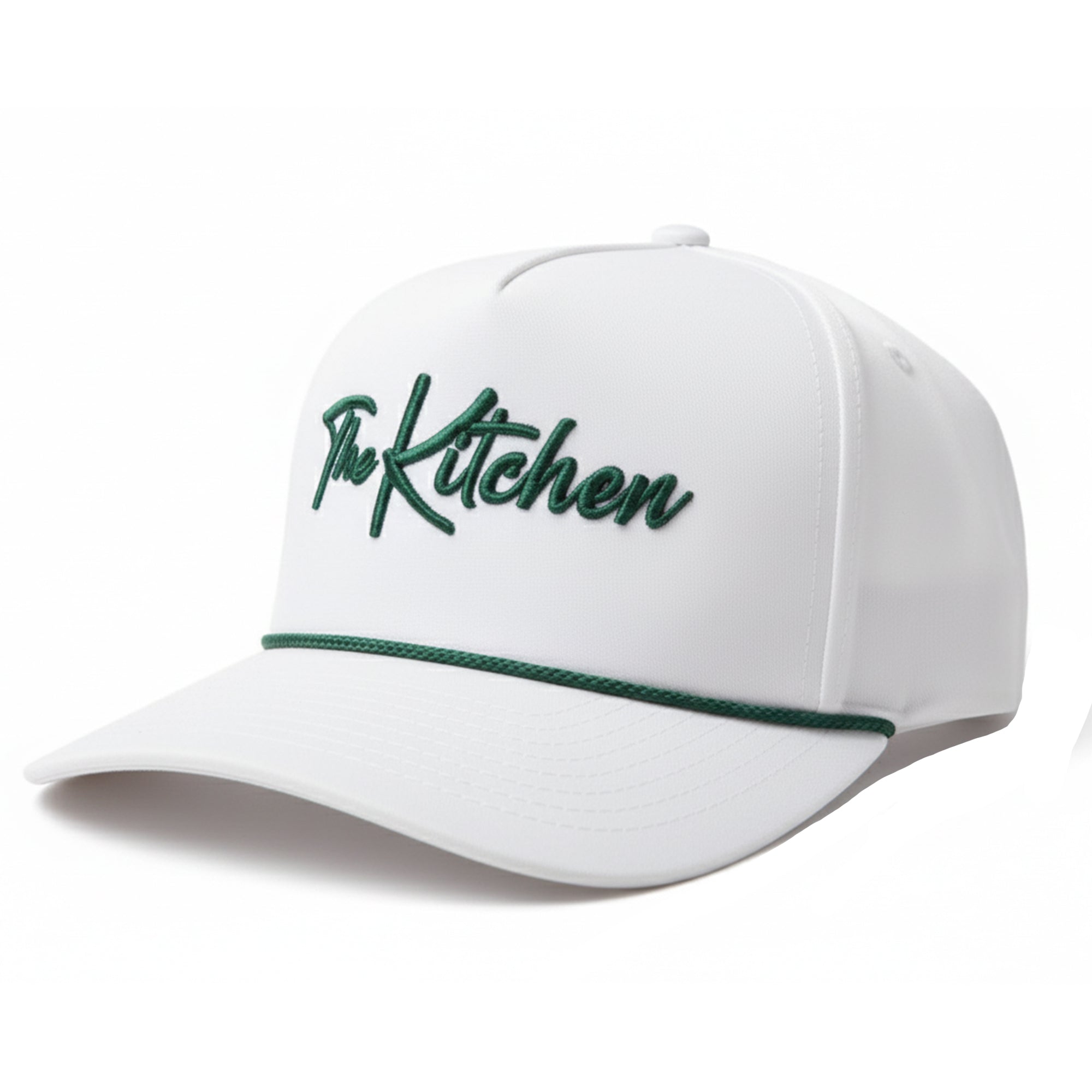Pickleball and mental health: A surprising solution backed by science
Last Edited
Jun 16 2025
Category
News
Pickleball isn’t just fun — it’s emerging as a powerful, scientifically validated tool to improve mental health across every age group. From mood elevation and stress reduction to cognitive resilience and community strength, the data is compelling.
📊 What the research shows
Adults (50+): A 2023 Frontiers in Psychology systematic review of 13 studies (~2,500 mostly older adults) reported moderate-to-large improvements in well-being, life satisfaction, happiness, as well as significant reductions in stress and depression.
General Population: Data from ~250,000 Apple Watch users (Apple Heart & Movement Study) showed that regular pickleball players had 60.1% lower odds of reporting depressed mood, a reduction even larger than those in tennis players (51.3%).
Youths (8–18): The 2024 Leisure/Loisir study found that 90% of young players reported mood improvements and 98% felt positive life impacts. A BYU pilot study (N=51) identified a dose-response effect: each extra monthly game was linked to a 0.35 SD increase in mental well-being.
Clinical Context (Schizophrenia): A 2025 Sports Journal trial (3 times/week for 9 weeks) demonstrated that participants’ attention and coordination improved dramatically (“hits” rose from ~5.3 to ~10.7; p<0.01), despite no symptom or self-esteem change.
Cognitive Longevity: A landmark 25-year Neurology study showed regular racket-sport participants—including pickleball—had significantly lower dementia risk, emphasizing the sport’s combined physical, mental, and social engagement.
🧠 Why it works
Pickleball packs a three-fold punch: exercise, engagement, and connection.
1. Physical Activity + Neurochemistry
Moderate aerobic exercise stimulates BDNF, IGF-1, and VEGF—key growth factors linked to neurogenesis, synaptic plasticity, and stress resilience. Increased heart rate also raises blood flow to the prefrontal cortex, enhancing attention and decision-making.
2. Cognitive Demands
Quick reactions, spatial judgment, and tactical thinking activate executive functions. Racket-sport studies consistently find superior memory and cognitive retention when mental engagement is present—more so than with aerobic exercise alone.
3. Social Bonds
Interaction on and off the court builds camaraderie, reducing loneliness—a major depression and mortality risk factor. Community surveys and professional organizations using pickleball highlight its mental health benefits.
Biochemically, exercise in pickleball also triggers endorphins, dopamine, anandamide, and serotonin—creating a natural mood lift and stress buffer.
⚖️ Pickleball vs. other sports
Studies comparing pickleball to tennis show it is less intense on joints but often longer in play (average 90 vs. 81 minutes), delivering similar or superior benefits for cardiovascular health, coordination, and enjoyment. Walking alone, by contrast, lacks the combined cognitive and social stimulation that gives pickleball its edge.
❤️ Real stories in depth
Betsy Fischer – Hamilton County, OH
Once overwhelmed by isolation and severe depression (“felt very isolated and depressed”), Betsy says weekly pickleball “gave me confidence, community, and hope.” It helped her reengage socially and emotionally.
Adventure Church – Chicago, IL
This community ministry reports multigenerational engagement—high-schoolers to retirees—fostering inclusive, therapeutic play and reducing mental health stigma through social connection.
Correctional Facilities – Georgia & California
Prisons implementing pickleball programs report lower aggression, increased cooperation, and a rehabilitative culture shift—highlighting its potential as low-cost, high-impact intervention.
Pop-culture influence
Posters from Dua Lipa’s tour confirm that even elite musicians embrace pickleball for decompression and grounding during long tours.
Clinical populations
Pilot programs for schizophrenia and addiction recovery suggest pickleball’s cognitive engagement and social exposure hold therapeutic promise beyond mere physical activity.
🔬 Expert voices
“Activities like pickleball combine movement, cognitive challenge, and socialization—an ideal trifecta for brain health.”
— Dr. Ryan Glatt, Pacific Neuroscience Institute
“Coordinated group activities, such as pickleball, trigger cascading mental resilience benefits.”
— Dr. Calum MacRae, cardiovascular neurologist
✅ Final takeaway
Pickleball is more than recreation—it blends aerobic benefit, mind stimulation, and community connection into a low-cost, accessible mental health intervention. With evidence spanning general adults, youth, seniors, dementia prevention, and clinical groups, regular play (2–3× per week) can:
- Reduce depression risk by over 60%
- Improve mood, cognition, and attention
- Strengthen social ties and emotional well-being
- Offer neuroprotective effects through neuroplasticity-enhancing exercise


